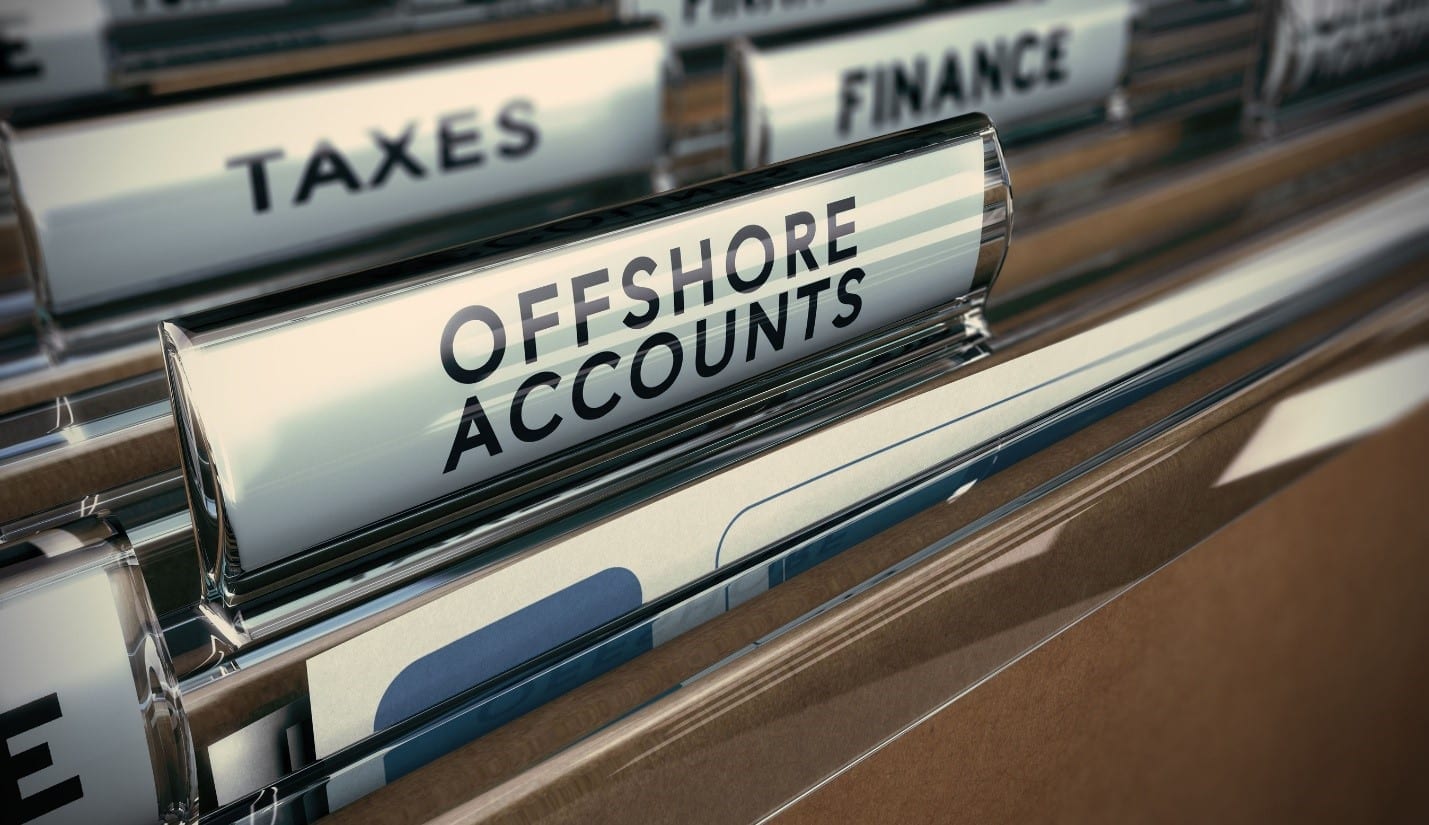Don’t Get Charged with Tax Evasion this Season
With the April 15th deadline right around the corner, it’s a good idea to begin the process of filing your federal and state taxes if you haven’t already done so. Happily, there are numerous tax return preparation firms, programs, and websites available to help you through this oftentimes stressful and confusing process.
However, it’s important to remember that you bear the responsibility for the accuracy of all entries made on your tax return, whether the return is prepared by you or a tax preparing service. That’s why it’s so important to be incredibly careful and report all of your information accurately when filing your tax return if you want to avoid being charged with tax evasion.
What is Tax Evasion?
Tax evasion is a subset of tax fraud, occurring when an individual or company intentionally underpays taxes through deceit or fraud. To qualify as tax evasion, your actions must have been made with the deliberate purpose of defrauding the government out of tax revenue or hiding your assets.
Below, we’ve listed some of the most common criminal activities that could result in a tax evasion or tax fraud charge.
Concealing income. If you knowingly omit or understate any income, you could be charged with tax evasion. For instance, if you are a landlord who doesn’t report all of the rent payments from your tenants, this could be considered fraudulent behavior if you do so with the intention of avoiding having to pay taxes on these payments.
Claiming false or inflated deductions. This could include wildly overstating business expenses or claiming a major deduction from a charitable donation you did not actually make.
Claiming personal expenses as business expenses. If you use a car or computer for both personal and business purposes, you cannot claim these items as business expenses. Doing so could result in a tax evasion charge if you are audited.
Concealment of taxable assets. Examples of this type of tax evasion includes concealing funds in a bank account, knowingly neglecting to report income made overseas, or attempting to disguise the substance of income in the form of a trust.
Accounting irregularities. You can be charged with this type of tax evasion if you fail to keep adequate records, or if there is an inconsistency with the profits reported on your financial statements and the amount you reported on your return.
Tax Evasion Defense
The penalties for tax evasion and fraud are severe, and may include prison sentences and heavy fines, as well as a permanent criminal record. Being targeted in a tax fraud case is one of the most stressful and frightening experiences anyone can go through.
However, in order to be convicted of tax fraud, the prosecutor must demonstrate that you knowingly intended to defraud the government out of taxable revenue. If you can demonstrate that there is insufficient evidence of intent or purposefulness behind your actions, you may be able to avoid conviction.
If you are being audited, investigated, or charged with tax evasion or tax fraud, you’ll need the assistance of a seasoned criminal defense attorney with experience in white collar crimes. Tax evasion and fraud are serious crimes with harsh punishments, and you’ll need aggressive representation if you want to avoid prison time, fines, and probation. An attorney can provide you with guidance through this stressful process, help you determine the best possible defense for your unique case, and fight for your rights and freedom in court.
About the Author:
Andrew M. Weisberg is a former felony prosecutor who now serves as a defense attorney in the greater Chicago area. He has extensive experience in handling all types of criminal cases, from sex offenses and domestic violence to retail theft-related crimes, Murder, and drug crimes.







 Blog Home
Blog Home 











